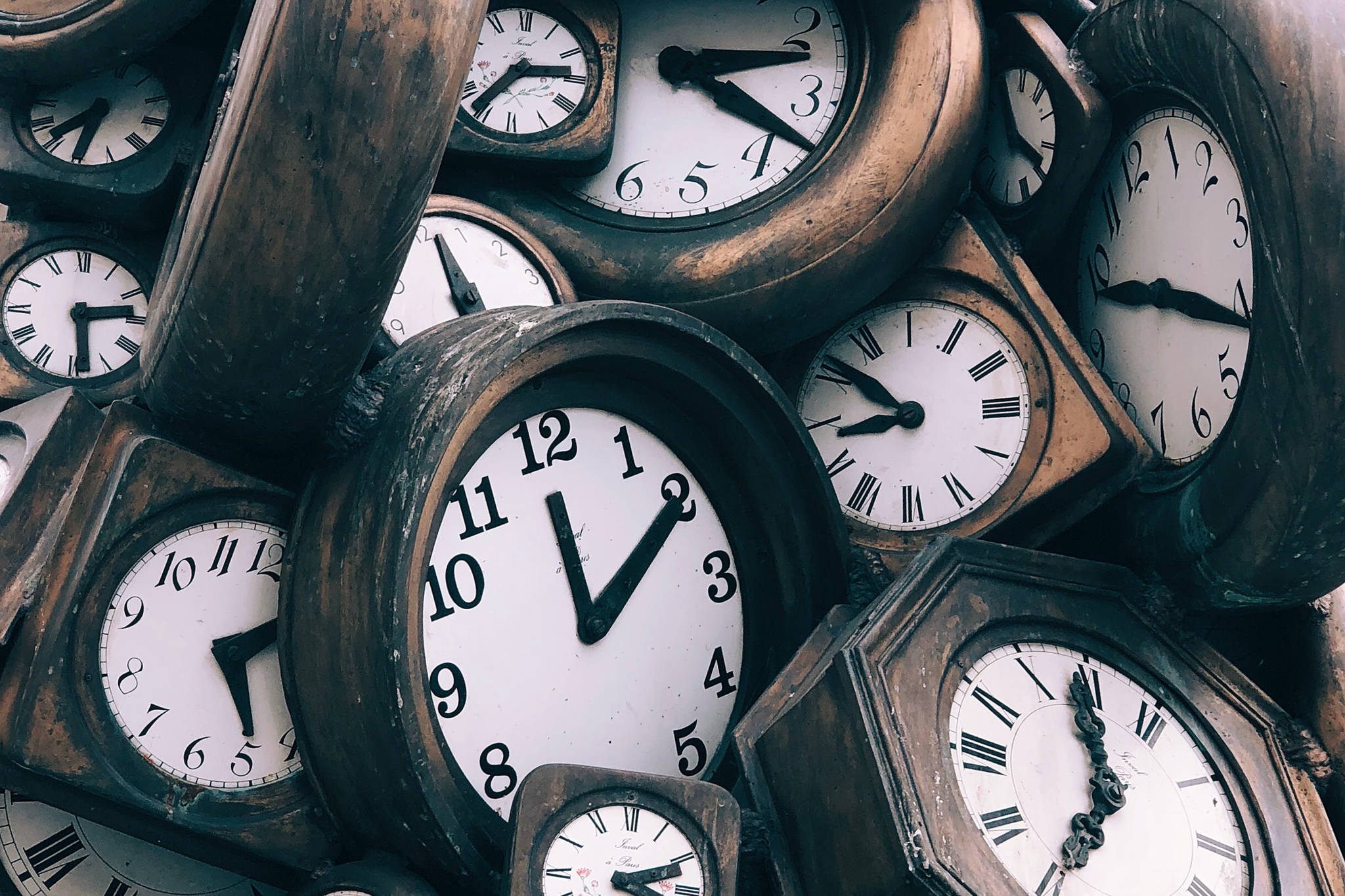By Geoff Kirsch
When it comes to government matters, I’m not usually what you’d call “politically informed.” I’m more like “politically-informed informed”: I know I can inform myself about politics; I just usually skip right to the Major League Baseball section of my news feed.
However, this past year changed all that, for obvious reasons (not the least of which being boredom, which, if you asked me, bears as much responsibility for the Capitol siege as anything. I mean, under normal circumstances, the “QAnon Shaman” could’ve painted himself up, tossed on the horns and gone to a Dead & Co. concert or a Buffalo Bills game; but, absent those venues…).
If anything, I’m now in danger of over-informing myself (truth: I may need a cleanse). For example, how many of you realize April is “Bear Awareness Month?” Now, I’ve got nothing against bears. But as long as we’re proclaiming months, what about Alaska’s other animals? Where’s their awareness campaign? At least designate part of May as “Porcupine Empowerment Week” or something.
[Don’t Bogart this column, bud]
While I’ve got your attention, here’s another idea. Let’s institute an “Awareness Awareness” Month. You know, just to make us all aware that people and things other than ourselves exist in the universe.
However, when it comes to temporal-based legislation session nothing tops the perennial effort to officially adopt Daylight Savings Time year-round in Alaska (House Bill 31).
That’s right. Daylight Savings Time as a political issue: it’s not just for Sasquatch hunters and UFO kooks anymore. Speaking of which, does Alaska have any statutes governing UFOs? And what about an extra-terrestrial head tax? After all, that’s our electricity they’re using to charge their death rays.
Of course, I totally get it: Daylight Savings bills are a procrastinator’s dream. Not to discount the opinions on either side of the debate, but doesn’t Alaska face more pressing issues? Like, say, any of them? Obviously, this makes HB31 the perfect thing to work on when you don’t feel like solving a several hundred million dollar budgetary shortfall in the midst of an ongoing global pandemic, for instance. There’s nothing wrong with a workday palate cleanser. Most of us just play a round of Words with Friends; you guys draft laws. Seems effortful, as far as procrastination goes. But like I said, I get it.
Now, I’ll admit my first reaction to HB31 skewed toward knee-jerk defense of “Fall Back, Spring Forward.” After all, what’s next on the chopping block? Repealing Leap Year?
But then it dawned on me: I really didn’t know anything about Daylight Savings Time other than it causes my car’s clock-radio to be wrong half the year.
And while forming opinions based upon faulty knowledge is a time-honored American tradition, I figured a little research wouldn’t hurt.
It turns out, the idea of adjusting daily schedules according to seasonal solar variation dates back to antiquity. For example, the Romans changed the scales in their water clocks for different months of the year, thereby altering the length of each hour. They also built public urine troughs, which actually wouldn’t be a bad idea, either. HB32?
The modern concept of shifting clocks ahead and back at designated times of year began during WWI as a way to conserve coal. The U.S. re-adopted Daylight Savings during WII, although national standardization didn’t occur until 1966. Interesting tidbit: for several weeks in 1965, the “Twin Cities” of Minneapolis and St. Paul were on two different times. For realsies.
Historically, those who benefit from increased evening sunlight—e.g. the retail, sports and tourism industries—favor Daylight Savings. Opponents include farmers, TV and radio broadcasters, anyone whose hours are set by the sun (e.g. vampires), parents of young children (easily mistaken for vampires) and those who’ve shown up for an appointment wondering where the hell everyone else is while they just sort of hang out dumbfounded for an hour until they finally realize they forgot to change their clocks. Again.
Of course, a variety of scientific studies prove a variety of conflicting theories regarding the impact of Daylight Savings on the economy, people’s health and traffic accidents. Although, I also came across a different scientific study proving scientific studies can be used to prove anything.
Anyway, as of this past Feb. 18, HB31 appears to have been referred to State Affairs, which will continue to digest the bill. In the meantime, one thing seems abundantly clear: money’s being thrown at the Daylight Savings issue now — from several different directions, with the promises of more to come.
And I find something very entertaining about watching a bunch of big-spenders go at it. Yet another reason I love Major League Baseball.
• Geoff Kirsch is an award-winning Juneau-based writer and humorist. “Slack Tide” appears twice monthly in Neighbors.

